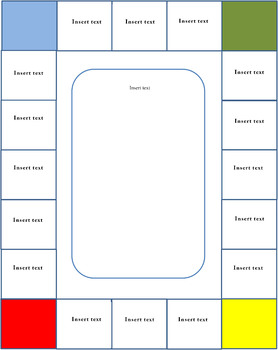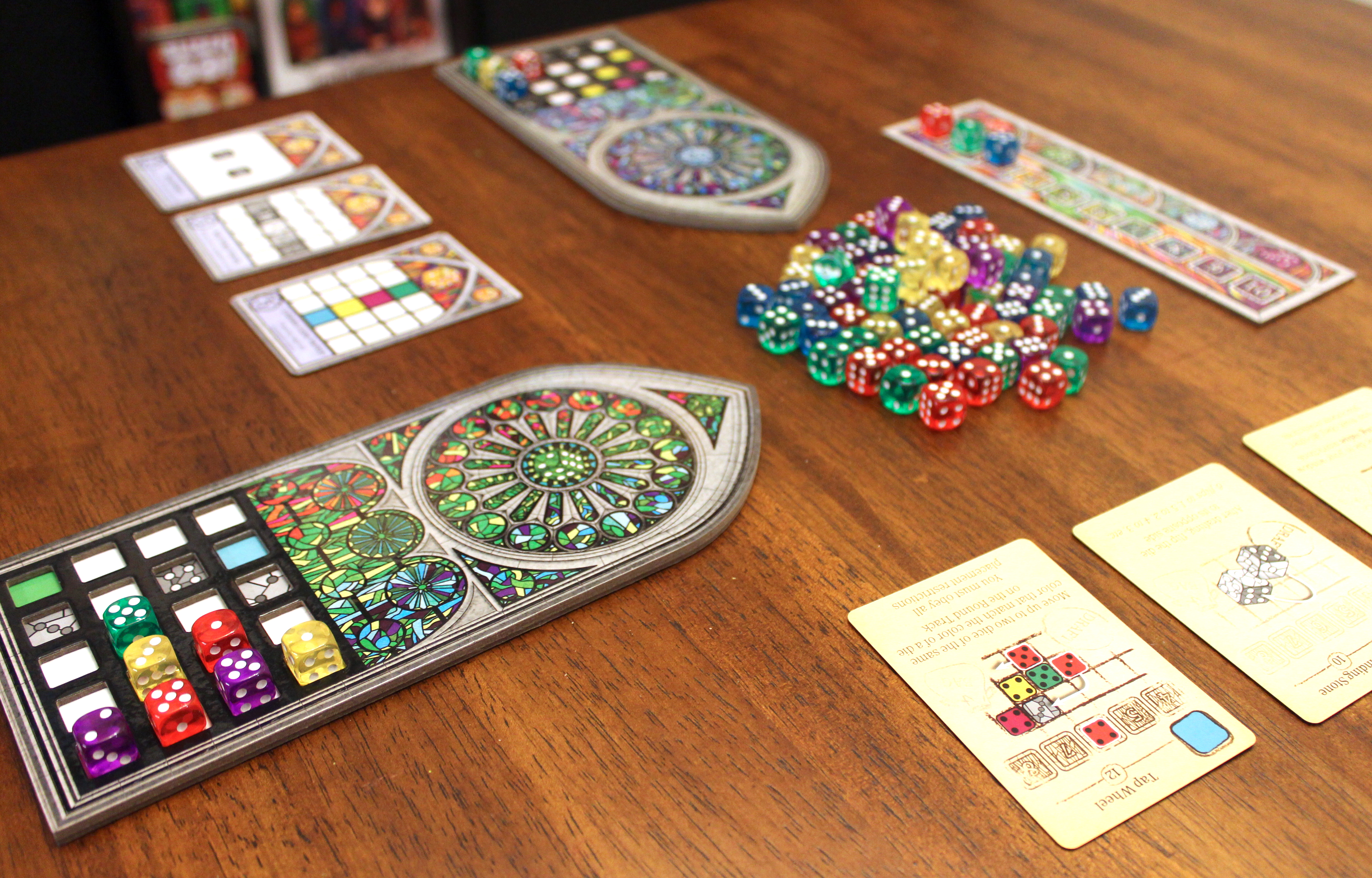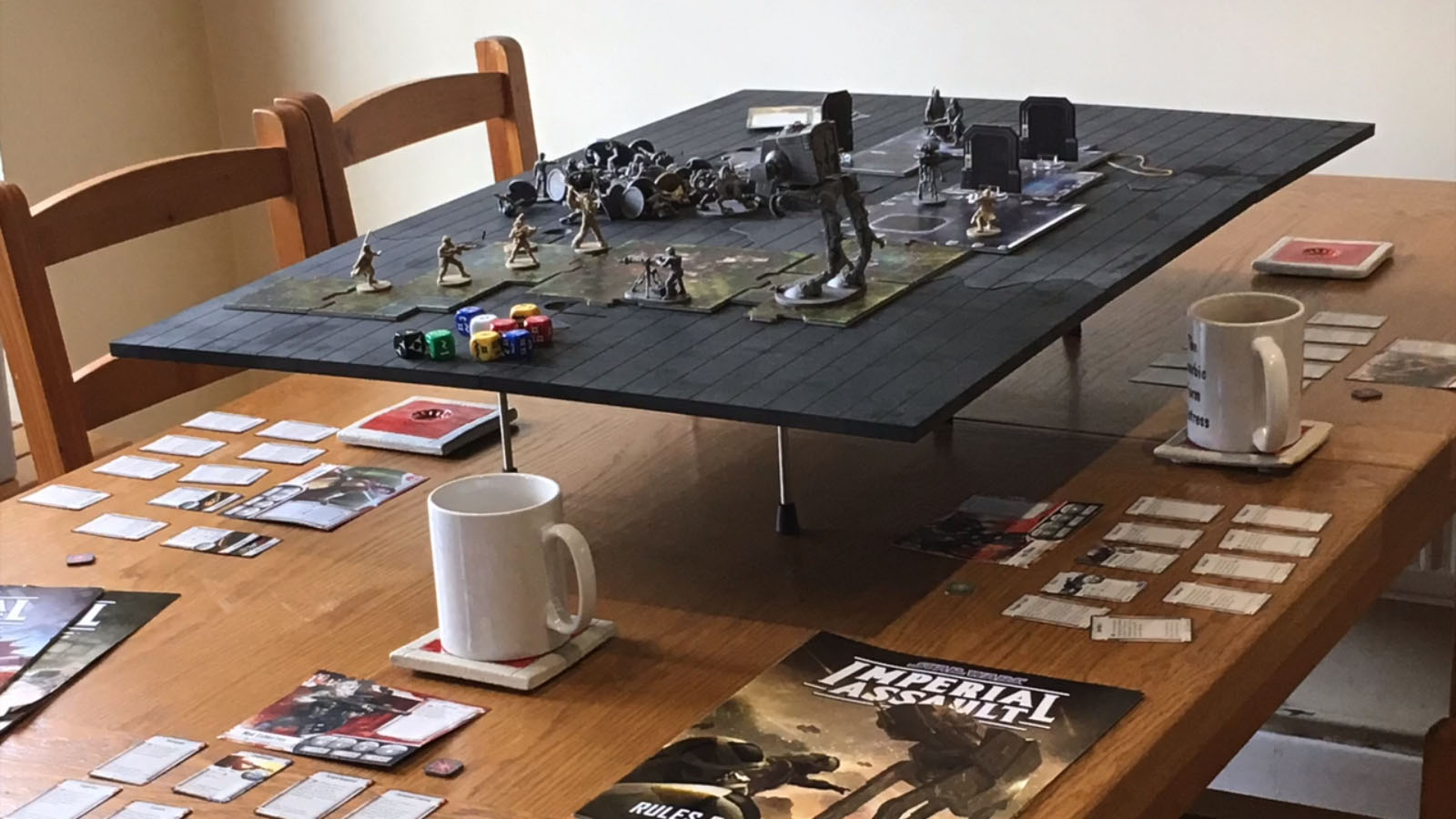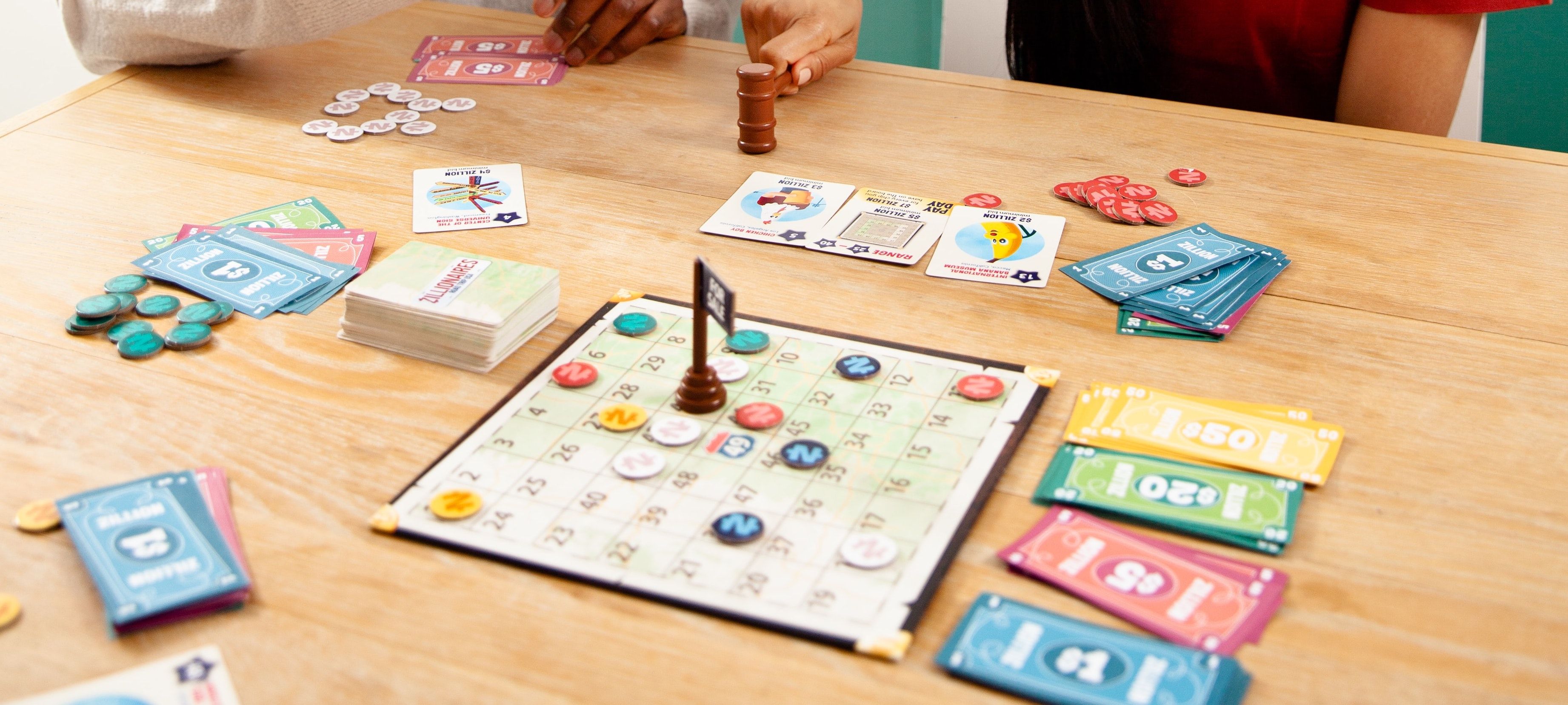What’s in a Name: Exploring Synonyms for Board Games
The world of tabletop gaming is rich in diversity, with a wide range of activities that cater to different interests, ages, and skill levels. However, when it comes to describing these games, many people often find themselves stuck in a rut, relying on the same old terms to convey their enthusiasm. If you’re looking for another word for “board game,” you’re not alone. In fact, using alternative terms can add a touch of creativity and flair to your conversations, writing, and social media posts.
Using synonyms for board games can also help to avoid monotony and add variety to your language. For instance, instead of saying “I’m playing a board game,” you could say “I’m engaging in a tabletop activity” or “I’m enjoying a parlor game.” These phrases not only sound more interesting but also provide a more accurate description of the activity.
In this article, we’ll delve into the world of tabletop gaming and explore the various terms that can be used to describe these activities. From classics to modern favorites, we’ll examine the evolution of board games and the language used to describe them. Whether you’re a seasoned gamer or just starting to explore the world of tabletop gaming, this article will provide you with a comprehensive list of synonyms for board games and inspire you to think creatively about the way you describe your favorite activities.
From Classics to Modern Favorites: A Brief History of Tabletop Gaming
The history of tabletop gaming is a rich and fascinating one, spanning thousands of years and crossing multiple continents. From ancient civilizations to modern-day bestsellers, board games have evolved significantly over time, reflecting changing societal values, technological advancements, and shifting cultural norms.
One of the earliest known board games is the Royal Game of Ur, which dates back to ancient Mesopotamia around 2600-2400 BCE. This game, also known as the Game of 20 Squares, was a simple racing game that required players to move pieces around a board, relying on luck and strategy to win.
Fast-forward to the 19th and 20th centuries, when board games like Monopoly, Scrabble, and Clue became household names. These games not only provided entertainment for families and friends but also helped to shape the modern concept of tabletop gaming. Today, we have a vast array of board games that cater to different interests, ages, and skill levels, from complex strategy games like Settlers of Catan to cooperative games like Pandemic.
Throughout this evolution, the language used to describe board games has also changed. We’ve moved from simple terms like “parlor game” and “indoor game” to more specific and creative descriptions like “tabletop adventure” and “gaming session.” This shift in terminology reflects the growing diversity and complexity of the tabletop gaming community, as well as the need for more precise and engaging language to describe these activities.
By understanding the history and evolution of board games, we can better appreciate the various terms used to describe them. In the next section, we’ll explore practical tips and examples on how to use alternative terms to describe board games in everyday conversation, writing, or social media posts.
How to Describe Your Favorite Games Without Saying “Board Game”
When it comes to describing your favorite tabletop activities, it’s easy to fall into the habit of using the same old terms. However, using alternative language can add variety and creativity to your conversations, writing, and social media posts. If you’re looking for another word for “board game,” you’re in luck There are many synonyms that can help you describe your favorite games in a more engaging and accurate way.
Here are some practical tips and examples on how to use alternative terms to describe board games:
Use “tabletop game” instead of “board game” to emphasize the physical aspect of the game. For example, “I’m playing a tabletop game with my friends tonight.”
Try “parlor game” to evoke a sense of nostalgia and classic charm. For instance, “We’re having a parlor game night with the family this weekend.”
Use “indoor game” to highlight the fact that the game is played inside. For example, “I’m looking for a new indoor game to play with my kids during the winter months.”
Experiment with more creative terms like “gaming session” or “tabletop adventure” to add a sense of excitement and adventure to your language. For instance, “We’re having a gaming session tonight and trying out a new game.”
By incorporating these alternative terms into your vocabulary, you can add variety and creativity to your language and make your conversations, writing, and social media posts more engaging and interesting.
In the next section, we’ll delve into the world of tabletop gaming and explore the various genres and subcultures within the community, highlighting the unique terminology used within each genre.
Delving into the World of Tabletop Gaming: Genres and Subcultures
The tabletop gaming community is a diverse and vibrant one, encompassing a wide range of genres and subcultures. From strategy games to role-playing games, and from party games to cooperative games, each genre has its own unique terminology and jargon.
Strategy games, for example, often involve complex rules and gameplay mechanics, and are typically described using terms like “tactical” or “competitive.” Games like Risk and Catan are classic examples of strategy games, and are often played by gamers who enjoy planning and executing long-term plans.
Role-playing games, on the other hand, involve players taking on fictional roles and engaging in interactive storytelling. These games are often described using terms like “immersive” or “narrative-driven,” and are typically played by gamers who enjoy creative writing and collaborative storytelling. Games like Dungeons & Dragons and Pathfinder are popular examples of role-playing games.
Party games, by contrast, are designed to be played in a social setting, often with large groups of people. These games are typically described using terms like “social” or “interactive,” and are often played by gamers who enjoy laughing and having fun with friends. Games like Codenames and Taboo are popular examples of party games.
Cooperative games, finally, involve players working together to achieve a common goal. These games are often described using terms like “collaborative” or “team-based,” and are typically played by gamers who enjoy working together and sharing experiences. Games like Pandemic and Forbidden Island are popular examples of cooperative games.
By understanding the different genres and subcultures within the tabletop gaming community, gamers can better appreciate the unique terminology and jargon used within each genre. This can help to enhance their gaming experiences, and provide a deeper appreciation for the diversity and complexity of the tabletop gaming world.
In the next section, we’ll showcase some examples of board games with creative names, and explore how game designers use language to capture the essence of their games.
Product Showcase: Examples of Games with Creative Names
Game designers often use creative language to capture the essence of their games, making them more appealing and memorable to players. Here are some examples of board games with innovative and descriptive names:
Settlers of Catan, for instance, is a game that combines strategy and resource management, where players take on the role of settlers establishing colonies on the island of Catan. The name “Settlers of Catan” effectively conveys the game’s theme and mechanics, making it easy for players to understand what to expect.
Carcassonne, on the other hand, is a tile-laying game that involves building a medieval landscape. The name “Carcassonne” is derived from the French city of Carcassonne, which is famous for its medieval architecture. The game’s name effectively evokes the game’s theme and setting, making it more immersive and engaging for players.
Pandemic, a cooperative game where players work together to stop the spread of diseases, has a name that effectively conveys the game’s theme and mechanics. The name “Pandemic” is simple yet powerful, making it easy for players to understand the game’s objective and what to expect.
These examples demonstrate how game designers use creative language to capture the essence of their games, making them more appealing and memorable to players. By using innovative and descriptive names, game designers can effectively convey the game’s theme, mechanics, and objectives, making it easier for players to understand and engage with the game.
In the next section, we’ll provide an extensive list of additional terms and phrases that can be used to describe board games, including “game night,” “gaming session,” or “tabletop adventure.” This section will encourage readers to experiment with new language and explore the many different ways to describe their favorite tabletop activities.
Expanding Your Vocabulary: More Terms to Describe Tabletop Gaming
In addition to the terms mentioned earlier, there are many other words and phrases that can be used to describe tabletop gaming. Here are some examples:
“Game night” is a popular term used to describe a gathering of friends or family to play board games or card games. It’s a great way to socialize and have fun while enjoying some friendly competition.
“Gaming session” is another term that can be used to describe a period of time spent playing games. It’s a bit more formal than “game night,” but it still conveys the idea of a dedicated block of time for gaming.
“Tabletop adventure” is a term that’s often used to describe games that involve exploration, role-playing, or strategy. It’s a great way to describe games that offer a sense of excitement and discovery.
“Parlor game” is a term that’s often used to describe games that are played in a social setting, such as a living room or parlor. It’s a great way to describe games that are designed for groups of people to play together.
“Indoor game” is a term that’s often used to describe games that are played inside, as opposed to outdoor games like sports or tag. It’s a great way to describe games that can be played on a rainy day or during the winter months.
By incorporating these terms into your vocabulary, you can add variety and creativity to your language when describing tabletop gaming. Whether you’re writing a blog post, creating a social media update, or simply talking to friends, using alternative terms can help you express yourself more effectively and engage your audience more fully.
In the next section, we’ll summarize the importance of using alternative terms to describe board games, highlighting the benefits of creative language and the richness of the tabletop gaming culture.
Conclusion: Embracing the Diversity of Tabletop Gaming Terminology
The world of tabletop gaming is rich in diversity, with a wide range of games, genres, and subcultures to explore. By embracing this diversity and using alternative terms to describe board games, we can add creativity and flair to our language, while also highlighting the unique characteristics of each game.
Using alternative terms like “tabletop game,” “parlor game,” or “indoor game” can help to avoid monotony and add variety to our language. It can also help to convey the unique theme, mechanics, and objectives of each game, making it easier for players to understand and engage with the game.
Moreover, embracing the diversity of tabletop gaming terminology can help to foster a sense of community and shared passion among gamers. By using creative language to describe our favorite games, we can connect with others who share our interests and passions, and build a sense of belonging and identity within the tabletop gaming community.
In conclusion, the use of alternative terms to describe board games is an important aspect of the tabletop gaming culture. By embracing this diversity and using creative language to describe our favorite games, we can add richness and depth to our language, while also fostering a sense of community and shared passion among gamers.
In the next section, we’ll invite readers to share their own favorite terms and phrases for describing board games, encouraging them to join the conversation and contribute to the ever-evolving language of tabletop gaming.
Final Thoughts: Join the Conversation and Share Your Favorite Terms
As we conclude our exploration of alternative terms for board games, we invite you to join the conversation and share your own favorite terms and phrases for describing these activities. Whether you’re a seasoned gamer or just starting to explore the world of tabletop gaming, your input is valuable and can help shape the ever-evolving language of this community.
By sharing your favorite terms and phrases, you can help others discover new ways to describe their favorite games and connect with like-minded individuals who share their passions. You can also contribute to the growth and development of the tabletop gaming culture, which is constantly evolving and adapting to new trends and innovations.
So, don’t be shy Share your thoughts, ideas, and favorite terms with us, and let’s keep the conversation going. Together, we can create a richer, more diverse, and more vibrant language for tabletop gaming that reflects the creativity and enthusiasm of this amazing community.
Thank you for joining us on this journey into the world of alternative terms for board games. We hope you’ve found this article informative, engaging, and inspiring, and that you’ll continue to explore and discover new ways to describe your favorite tabletop activities.





